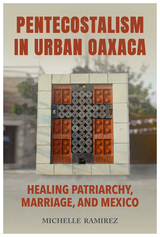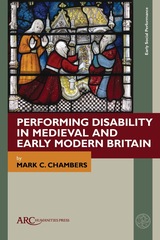6 start with P start with P
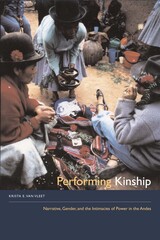
In the highland region of Sullk'ata, located in the rural Bolivian Andes, habitual activities such as sharing food, work, and stories create a sense of relatedness among people. Through these day-to-day interactions—as well as more unusual events—individuals negotiate the affective bonds and hierarchies of their relationships. In Performing Kinship, Krista E. Van Vleet reveals the ways in which relatedness is evoked, performed, and recast among the women of Sullk'ata.
Portraying relationships of camaraderie and conflict, Van Vleet argues that narrative illuminates power relationships, which structure differences among women as well as between women and men. She also contends that in the Andes gender cannot be understood without attention to kinship.
Stories such as that of the young woman who migrates to the city to do domestic work and later returns to the highlands voicing a deep ambivalence about the traditional authority of her in-laws provide enlightening examples of the ways in which storytelling enables residents of Sullk'ata to make sense of events and link themselves to one another in a variety of relationships. A vibrant ethnography, Performing Kinship offers a rare glimpse into an compelling world.
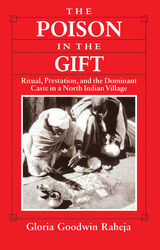

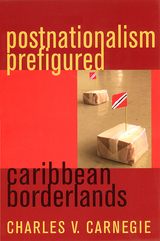
Carnegie shows not only that the nation-state is an exhausted form of political organization, but that in the Caribbean the ideological and political reach of the nation-state has always been tenuous at best. Caribbean peoples, he suggests, live continually in breach of the nation-state configuration. Drawing both on his own experiences as a Jamaican-born anthropologist and on the examples provided by those who have always considered national borders as little more than artificial administrative nuisances, Carnegie investigates a fascinating spectrum of individuals, including Marcus Garvey, traders, black albinos, and Caribbean Ba’hais. If these people have not themselves developed a scholarly doctrine of transnationalism, they have, nevertheless, effectively lived its demand and prefigured a postnational life.

The realignment of the Chinese social order that took place over the course of the Sung dynasty set the pattern for Chinese society throughout most of the later imperial era. This study examines that realignment from the perspective of specific Sung families, using data on two groups of Sung elites—the grand councilors who led the bureaucracy and locally prominent gentlemen in Wu-chou (in modern Chekiang).
By analyzing kinship relationships, Beverly Bossler demonstrates the importance of family relations to the establishment and perpetuation of social status locally and in the capital. She shows how social position was measured and acted upon, how status shaped personal relationships (and vice versa), and how both status and personal relationships conditioned—and were conditioned by—political success. Finally, in a contribution to the ongoing discussion of localism in the Sung, Bossler details the varied networks that connected the local elite to the capital and elsewhere.
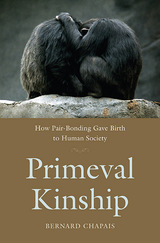
At some point in the course of evolution—from a primeval social organization of early hominids—all human societies, past and present, would emerge. In this account of the dawn of human society, Bernard Chapais shows that our knowledge about kinship and society in nonhuman primates supports, and informs, ideas first put forward by the distinguished social anthropologist, Claude Lévi-Strauss.
Chapais contends that only a few evolutionary steps were required to bridge the gap between the kinship structures of our closest relatives—chimpanzees and bonobos—and the human kinship configuration. The pivotal event, the author proposes, was the evolution of sexual alliances. Pair-bonding transformed a social organization loosely based on kinship into one exhibiting the strong hold of kinship and affinity. The implication is that the gap between chimpanzee societies and pre-linguistic hominid societies is narrower than we might think.
Many books on kinship have been written by social anthropologists, but Primeval Kinship is the first book dedicated to the evolutionary origins of human kinship. And perhaps equally important, it is the first book to suggest that the study of kinship and social organization can provide a link between social and biological anthropology.
READERS
Browse our collection.
PUBLISHERS
See BiblioVault's publisher services.
STUDENT SERVICES
Files for college accessibility offices.
UChicago Accessibility Resources
home | accessibility | search | about | contact us
BiblioVault ® 2001 - 2024
The University of Chicago Press




